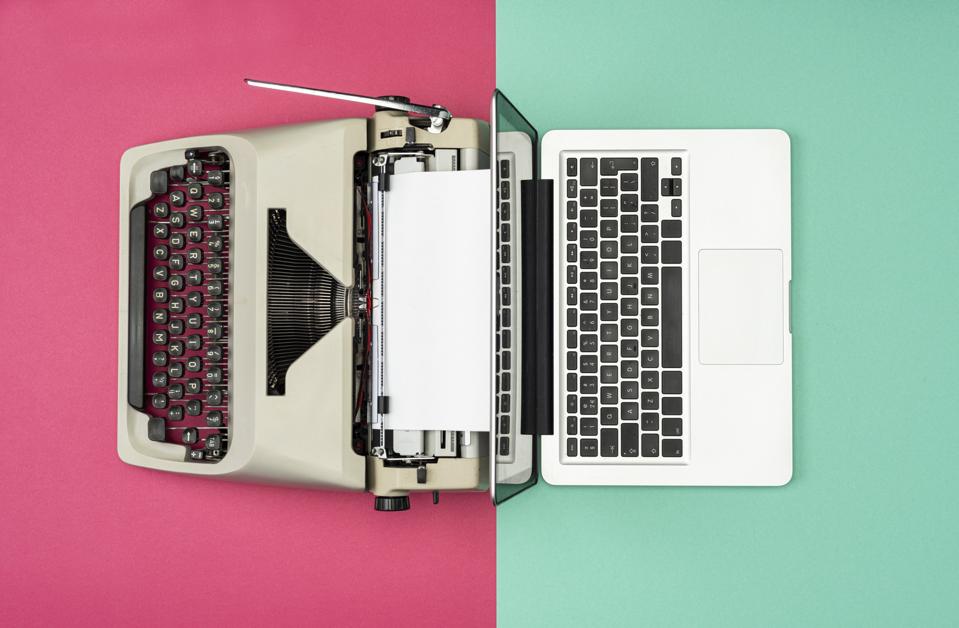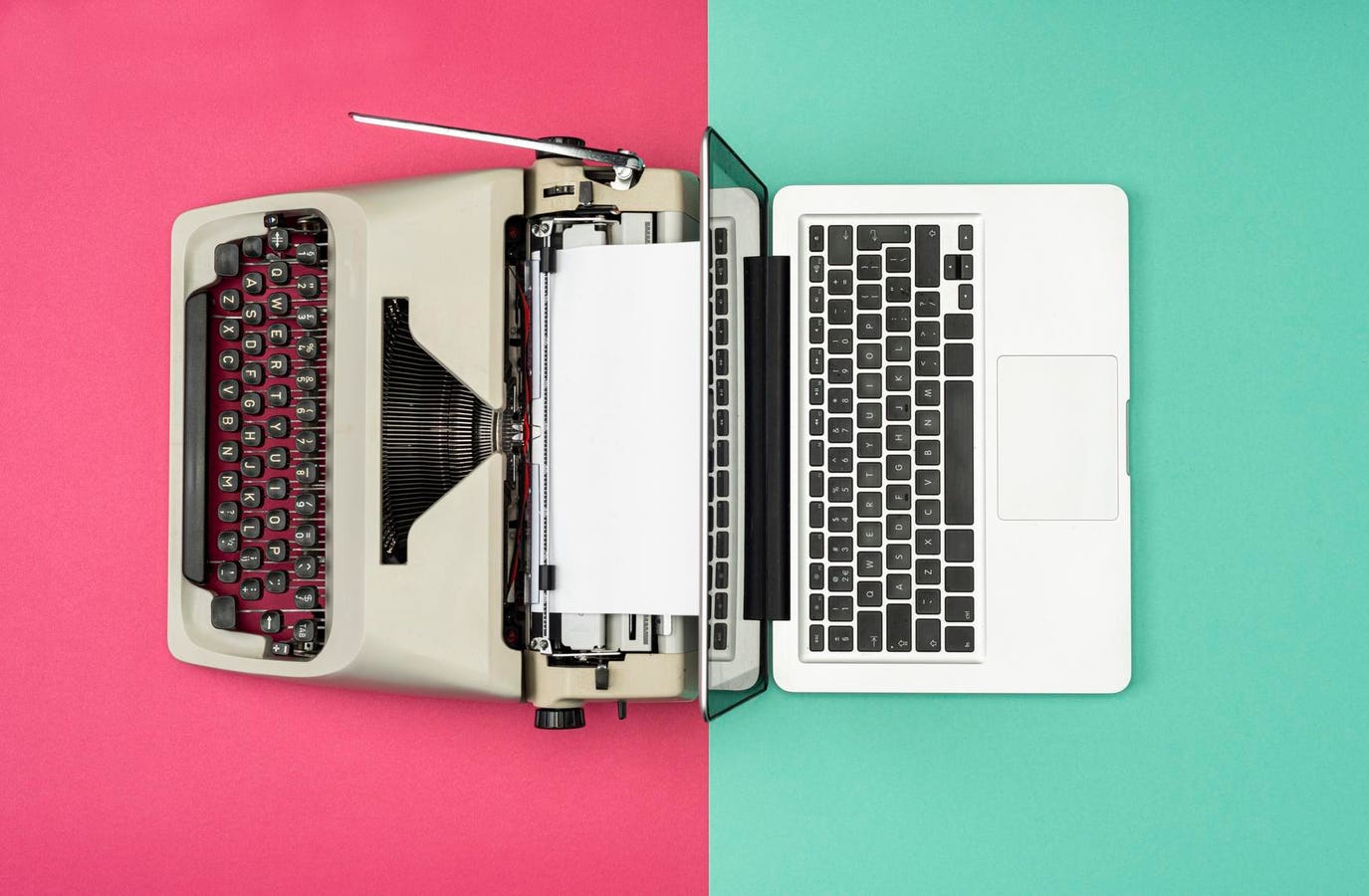
Experience is shifting from old playbooks to new tools. The challenge is knowing when knowledge guides us—and when it misleads.
getty
For most of modern work, experience was the gold standard. Years on the job meant you had seen enough cases, projects or crises to know how to respond. It was the playbook that guided doctors through diagnoses, lawyers through arguments, managers through market cycles.
Experience wasn’t just knowledge — it was the ability to recognize patterns quickly, evaluate situations and offer solutions others couldn’t see. In a world where information was scarce, experience functioned as a map. You followed it to get where you needed to go.
Today, though, the relationship between experience and AI is reshaping that map. On one hand, new tools make it look unnecessary — why spend years accumulating experience if AI can deliver answers instantly? On the other hand, the weight of experience can get in the way, blinding us with assumptions and maps that no longer fit the terrain.
The Shortcut Problem
Traditionally, experience was shorthand for exposure. Each time a professional faced a problem, they added another data point to their mental library. Over time, that library became a shortcut: they knew which questions to ask, which solutions to trust and how to spot the one detail that mattered.
AI appears to flatten that process. Tools can instantly generate solutions, suggesting that perhaps years of apprenticeship are unnecessary. A junior analyst with the right prompts can now deliver work that used to demand the experience of a seasoned professional. The question is obvious: if tools can produce answers instantly, do we really need experience to reach the right solution?
The Blind Spot Problem
Experience can also work against us. What once was wisdom can harden into assumptions. Dr. Paul Achleitner, former CFO of Allianz, Supervisory Board Chair of Deutsche Bank and author of Accelerate Your Experience, discussed this idea on The Future of Less Work podcast. He argued that “not all the experience that you have accumulated over your life is useful for people today or tomorrow” and calls this “obsolete experience.”
Leaders who push for a return to pre-pandemic office routines “because that’s how it worked before” are relying on a playbook written for a different era. The same thing happens at a personal level when experience steers us back to the familiar — like opening Excel because that’s how we’ve always analyzed data, even when new tools could deliver faster or richer insights if we were willing to climb the learning curve. In these cases, experience doesn’t guide — it misleads. The map may still be detailed, but it no longer matches the terrain.
Judgment Can’t Be Automated
So is experience obsolete? Not quite.
Tools deliver answers, but they don’t tell us which questions to ask in the first place. Nor do they teach us when to challenge the first result, how to pursue a follow-up, or which nuance could make or break the outcome. Achleitner emphasizes that experience today is about judgment and“accelerating experience means it actually allows you to increase your ability to judge and therefore become a better decision maker.”
In medicine, AI tools can suggest likely diagnoses. But experience tells a physician which possibilities are relevant, which test to order and how to balance textbook knowledge with a patient’s lived reality. In law, templates can generate contracts. Experience identifies which clause matters in this context and what precedent could create risk. Even around the house, a video can show how to tighten a faucet. But when the leak stems from deeper structural issues, it takes someone who has seen countless variations of the same problem to improvise the right fix.
In each case, tools democratize access to knowledge. But without experience, we risk misusing that knowledge or missing the subtle cues that distinguish a quick fix from a deeper problem.
Experience and AI, Redefined
That means experience itself must evolve from being a map — a fixed set of routes through familiar territory — to a compass: a tool for orientation when the territory itself keeps changing.
From memory to inquiry. The value of experience is less about recalling the right answer and more about knowing what to ask next. As Achleitner put it, “quality questions can be a hugely important element of leadership.”
From reaction to reflection. Anyone can react instantly. Experience teaches us to pause, consider context and choose a deliberate response.
From certainty to humility. Charisma and control once defined professional strength. Today, humility and curiosity are stronger signals of relevance. Experienced professionals who admit they don’t have all the answers may be the ones best equipped to adapt and grow.
Building Experience In A World Of Tools
If tools compress the time it takes to access knowledge, the question becomes: how do we build experience that still adds value?
Accelerate reflection. Don’t just consume answers. Pause to ask why, compare options and test outcomes. Experience grows in the layers between question and response.
Seek diversity of exposure. Judgment sharpens when you see problems from multiple perspectives. Seek colleagues from different backgrounds, technologies outside your domain, or scenarios that challenge your assumptions.
Practice humility. Treat every interaction as a chance to learn. The professionals best equipped for the future will be those who admit they don’t know everything and approach work with curiosity rather than certainty.
Reinvest productivity. When tools allow work to be done faster, the real value of experience is in how we use that time — whether we reinvest it in learning, reflection or well-being, instead of simply filling it with more tasks.
The Future of Experience and AI
The risk is not that experience disappears, but that we misunderstand what it is. If knowledge is abundant, the differentiator is judgment. If tools can accelerate answers, experience must accelerate reflection. The future will be shaped by the balance between experience and AI — one providing context, the other providing speed.
The professionals who thrive will be those who treat their past not as a map of fixed routes, but as a compass — an instrument that orients them amid change. Because in a world where the terrain keeps shifting, following yesterday’s map may be the quickest way to get lost.

